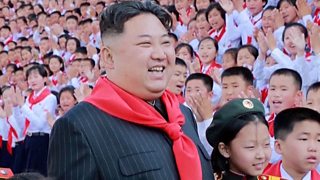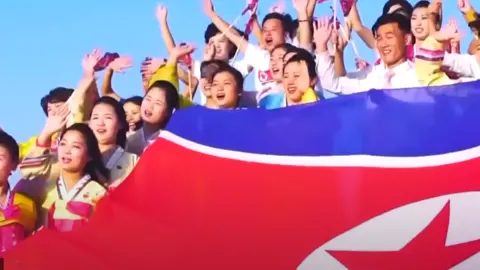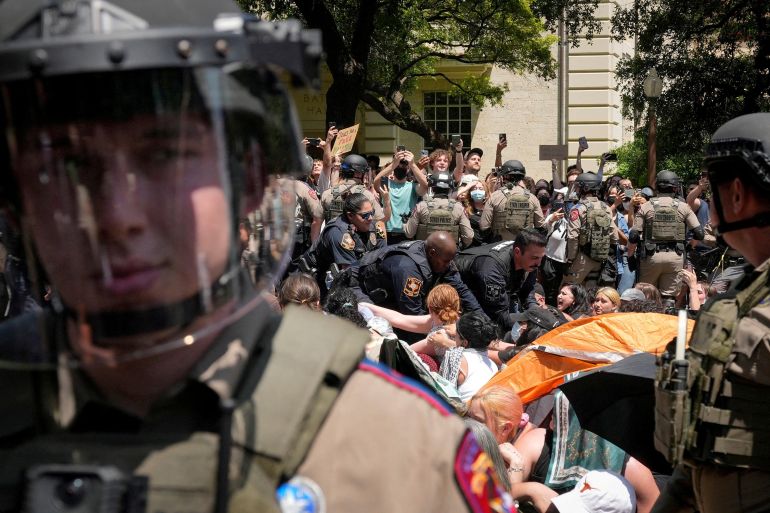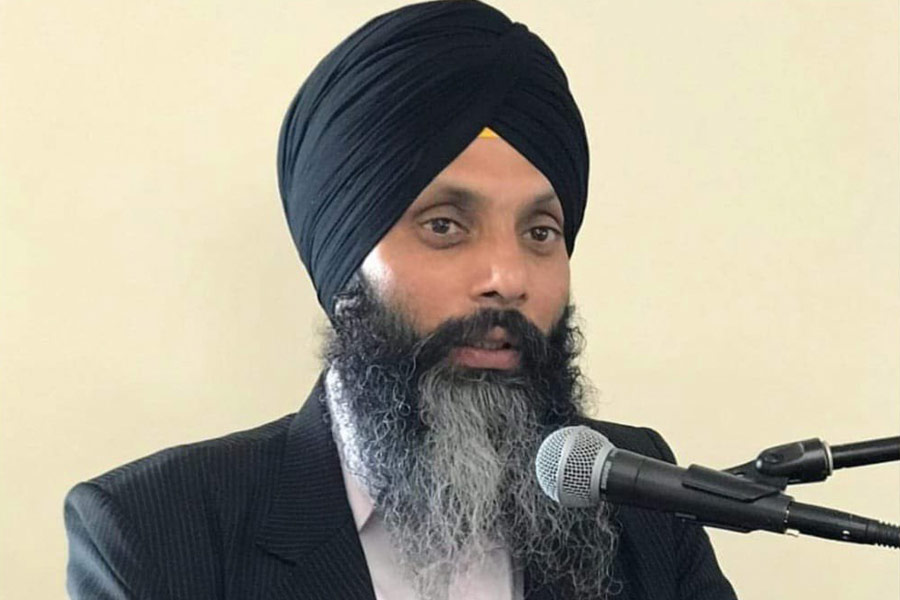Tunisian journalists and opposition figures have voiced alarm about a surge of prosecutions since President Kais Saied issued a decree outlawing what authorities deem to be “false news”.
Rights groups and lawyers say the measure stifles dissent in the North African country that was the birthplace of the Arab Spring protests and for years after was considered a regional beacon of free speech.
Decree 54 mandates five-year prison terms to punish the use of communications networks to “produce, spread, disseminate… false news” or to “slander others, tarnish their reputation, financially or morally harm them”.
Signed by President Saied in September 2022, the decree also mandates 10-year prison sentences “if the targeted person is a public official”.
The International Commission of Jurists has charged that the decree “enables the authorities to exert an unwarranted control over what people say, including politicians, journalists and human rights defenders — through the use of surveillance and criminal sanctions”.
Since the decree came into force, more than 60 journalists, lawyers and opposition figures have been prosecuted under it, said Zied Dabbar, head of the National Union of Tunisian Journalists.
Although the government presented it as a measure to combat cyber crime, he said, the “decree-law has never been applied to cyber attacks”.
– ‘Silencing unwanted voices’ –
Popular radio host Haythem Mekki charged that the decree is aimed at “silencing unwanted voices… which explains the many prosecutions against people who merely criticised the authorities”.
Mekki himself is under a Decree 54 investigation over a post on social media platform X decrying poor conditions at a public hospital morgue in the coastal city of Sfax.
The radio presenter recalled that in years past, Tunisians laughed at political satire on television, but today “we hardly dare criticise the president any more or make satire about him”.
Free expression, considered the main gain of Tunisia’s 2011 popular revolution that ousted longtime dictator Zine El Abidine Ben Ali, has come under threat in recent years.
Saied, a former law professor, has ruled by decree since orchestrating a sweeping power grab in July 2021.
The president has insisted that “freedoms are guaranteed” in the country of 12 million.
But the New York-based group Human Rights Watch has also charged that Tunisian authorities have used Decree 54 “to stifle and intimidate a wide range of critics”.
The government is also “using other laws to detain some of Saied’s most serious political adversaries on dubious conspiracy charges”, HRW said.
Tunisia saw a flurry of arrests in February 2023 as around 40 critics of Saied faced charges of “conspiracy against the state”, an offence separate from Decree 54 that is handled by an anti-terrorism court.
– ‘Instrument to muzzle speech’ –
Sadok Jammami, an information sciences professor in Tunis, told AFP that Decree 54 “is not at all a response to disinformation or fake news since it particularly targets public and political figures”.
“The current climate discourages media professionals and creates an atmosphere of fear (and) censorship.”
Hamza Belloumi, a TV reporter who investigates corruption, said ever fewer people were willing to appear on his show.
“People fear speaking out so as not to suffer the wrath of Decree 54,” he said.
Interviewees “don’t speak at all or they demand to remain anonymous”.
He added that, even if the decree may have been well-intentioned, “its use is bad. It has become an instrument to muzzle speech.”
Some still hope that the law will be amended or repealed as Tunisia readies for presidential elections to be held this autumn.
Independent lawmaker Mohamed Ali said that “it is time to revise this decree”, calling for “the greatest level of solidarity” between media, political and other groups as the election nears.
Parliamentarians previously submitted a request to revise the decree, in February 2023, but this was obstructed by the president of the legislature, said the journalists union.
Ayachi Hammami, a lawyer and activist who was also prosecuted under Decree 54 after he criticised the judiciary, said that the measure is employed “to strike hard against opposing voices, dismiss them and scare Tunisians”.
by Kaouther Larbi












.jpg)


